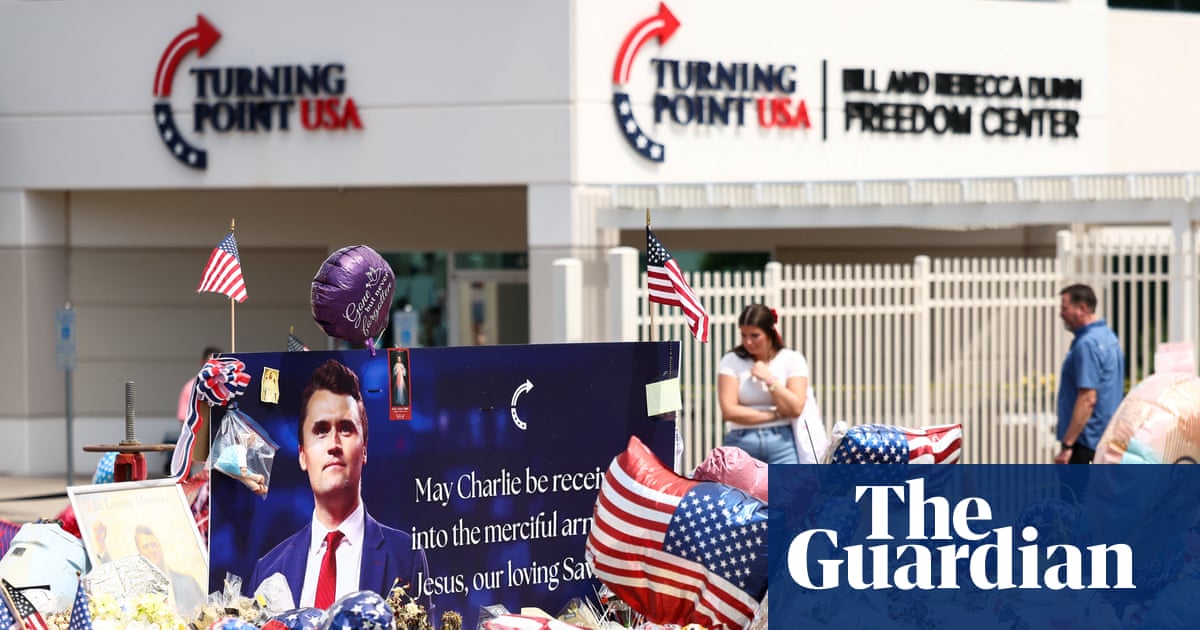U.S. President Donald Trump speaks as he sits next to a “Trump Gold Card” sign, in the Oval Office at the White House in Washington, D.C., U.S., Sept. 19, 2025.
Ken Cedeno | Reuters
Major technology companies and foreign governments are rushing to respond after President Donald Trump late Friday announced plans to impose a $100,000 annual fee on H-1B visas, threatening to upend the program that underpins America’s technology workforce.
The Trump administration said the fee would apply per worker, per year, potentially dealing a massive blow to companies — primarily in the technology and finance sectors — that rely heavily on highly skilled immigrants, particularly from India and China.
The announcement sent shockwaves through corporate America. Amazon’s immigration team advised its H-1B and H-4 visa holders to remain in the U.S. and for those overseas to return before 12:01 a.m. ET on Sept. 21, according to internal messages viewed by CNBC.
JPMorgan Chase’s law firm sent a memo asking H-1B visa holders at the firm to remain in the U.S. and avoid international travel until further guidance, according to a person familiar with the matter.
Microsoft also has reportedly advised H-1B visa holders to remain in the U.S. and for those overseas to return, warning that international travel could jeopardize their immigration status, according to emails seen by Reuters.
The move represents the administration’s most aggressive move yet to restrict legal immigration. Since taking office in January, Trump has advanced a broad crackdown on both illegal and legal entry into the U.S., but Friday’s announcement marks the most significant attempt to clamp down on employment visas.
Amazon employed the most H-1B holders — more than 14,000 as of the end of June. Microsoft, Meta, Apple and Google had over 4,000 such visas each, among the top 10 recipients for the fiscal year 2025.
CNBC has reached out to all of the public companies on the top 10 H-1B recipient list for comment. The White House didn’t immediately respond to an email asking for comment.
‘Humanitarian consequences’
The announcement also disrupted the status quo overseas, where foreign governments scrambled to assess the impact of the new rules on their countries.
India’s Ministry of External Affairs said it is studying the visa restrictions and their implications, stressing that both Indian and U.S. industries share an interest in maintaining competitiveness in innovation. It also highlighted the likely disruption to individual families.
“This measure is likely to have humanitarian consequences by way of the disruption caused for families. Government hopes that these disruptions can be addressed suitably by the US authorities,” India’s Ministry of External Affairs said in a statement.
South Korea’s foreign ministry also said it is assessing the implications for Korean firms and skilled workers.
Below is a searchable list of the top 100 U.S. companies that have been H1-B recipients in fiscal year 2025.
— CNBC’s Annie Palmer contributed to this report.
Source link

